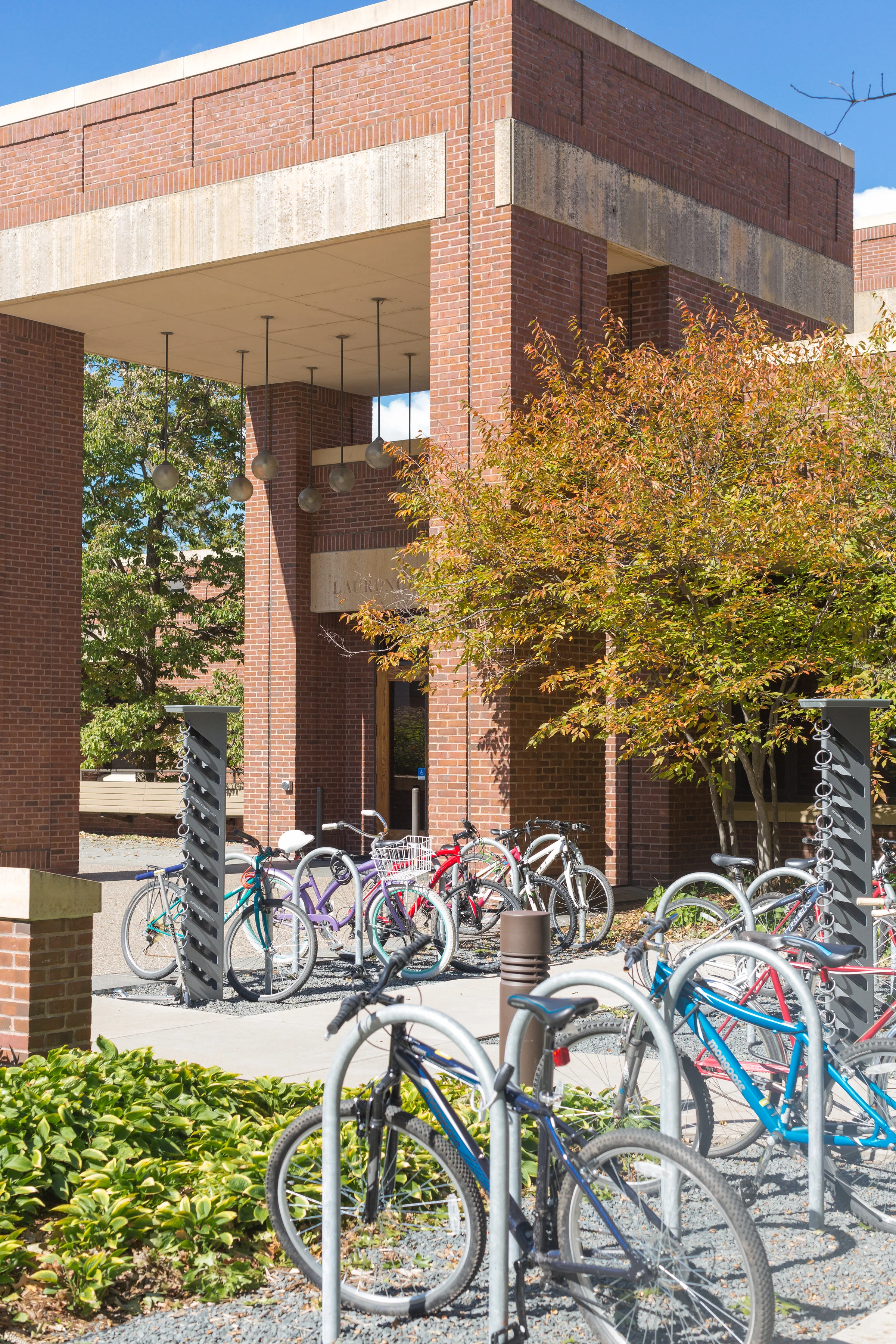May is such a busy time for high school students! Finishing classes, taking AP and IB exams, studying for final exams, and--for seniors--making college decisions. Almost everything I wrote last month had to do with these transitions.
I provided links to a few of the best graduation speeches ever.
I explained what a 9th, 10th, and 11th grader should do this summer to prepare for college admissions.
I used a podcast about economists to explain why you should consider applying early and colleges should allow people to apply early to two or three schools.
I gave some unusual advice about social media and your college applications.
In my most popular blog post so far, I reacted against a popular story and explained what being valedictorian actually means...and what it doesn't.
I offer both individual coaching and group workshops to students who'd like to use the Five Foundations to make their application process a little more sane.
Thanks for reading! You can follow Apply with Sanity on Facebook and Twitter. Contact me if you'd like more details about coaching or workshops.





















